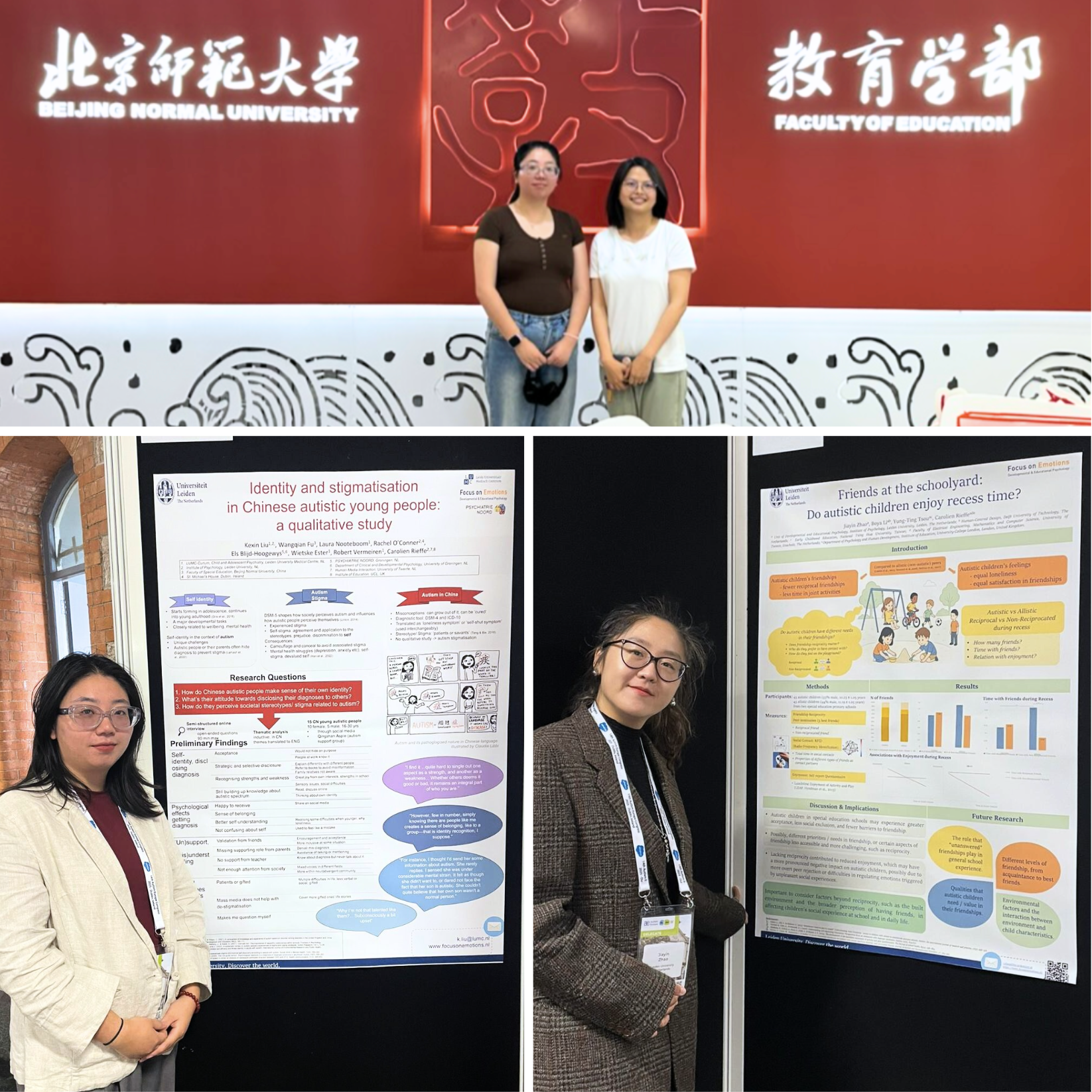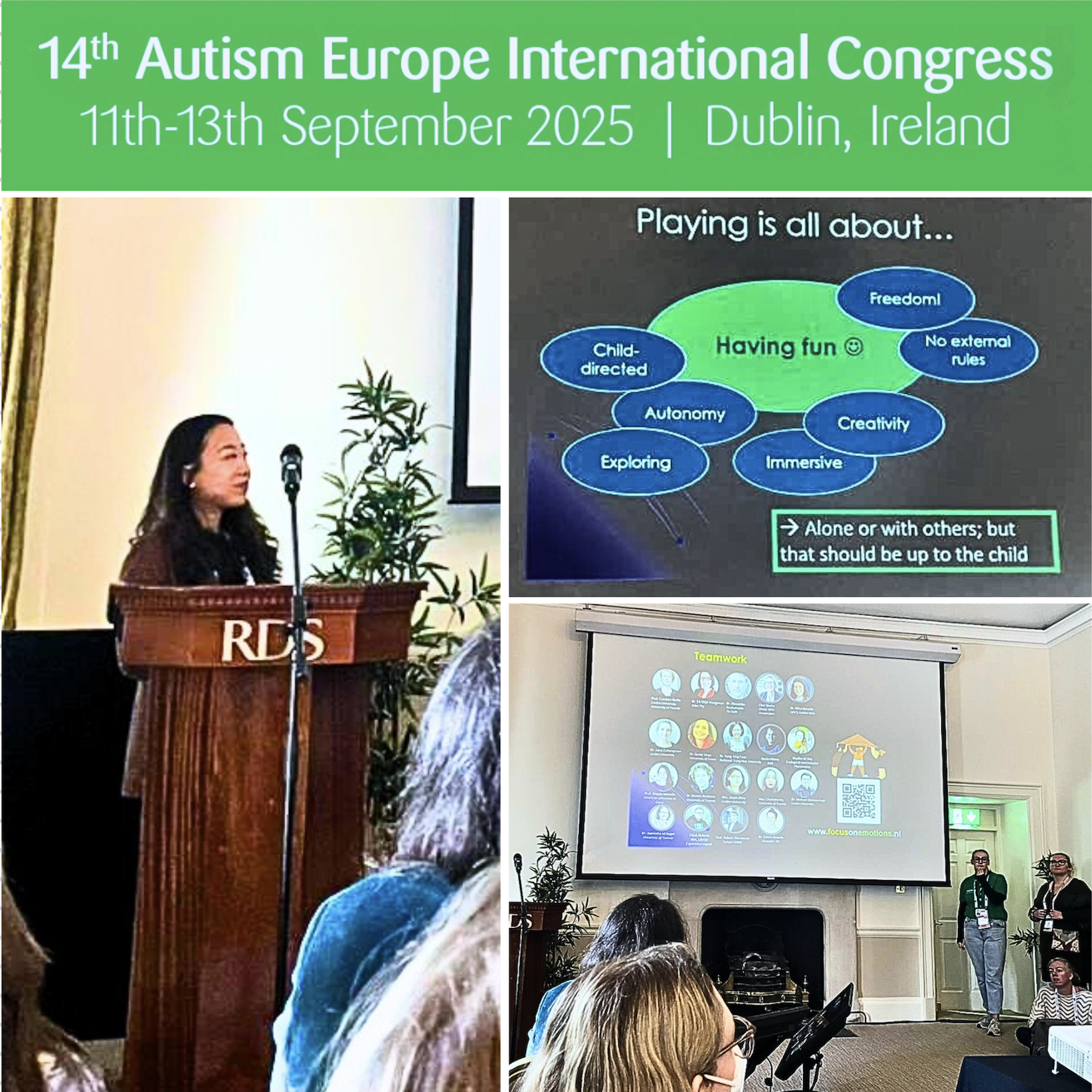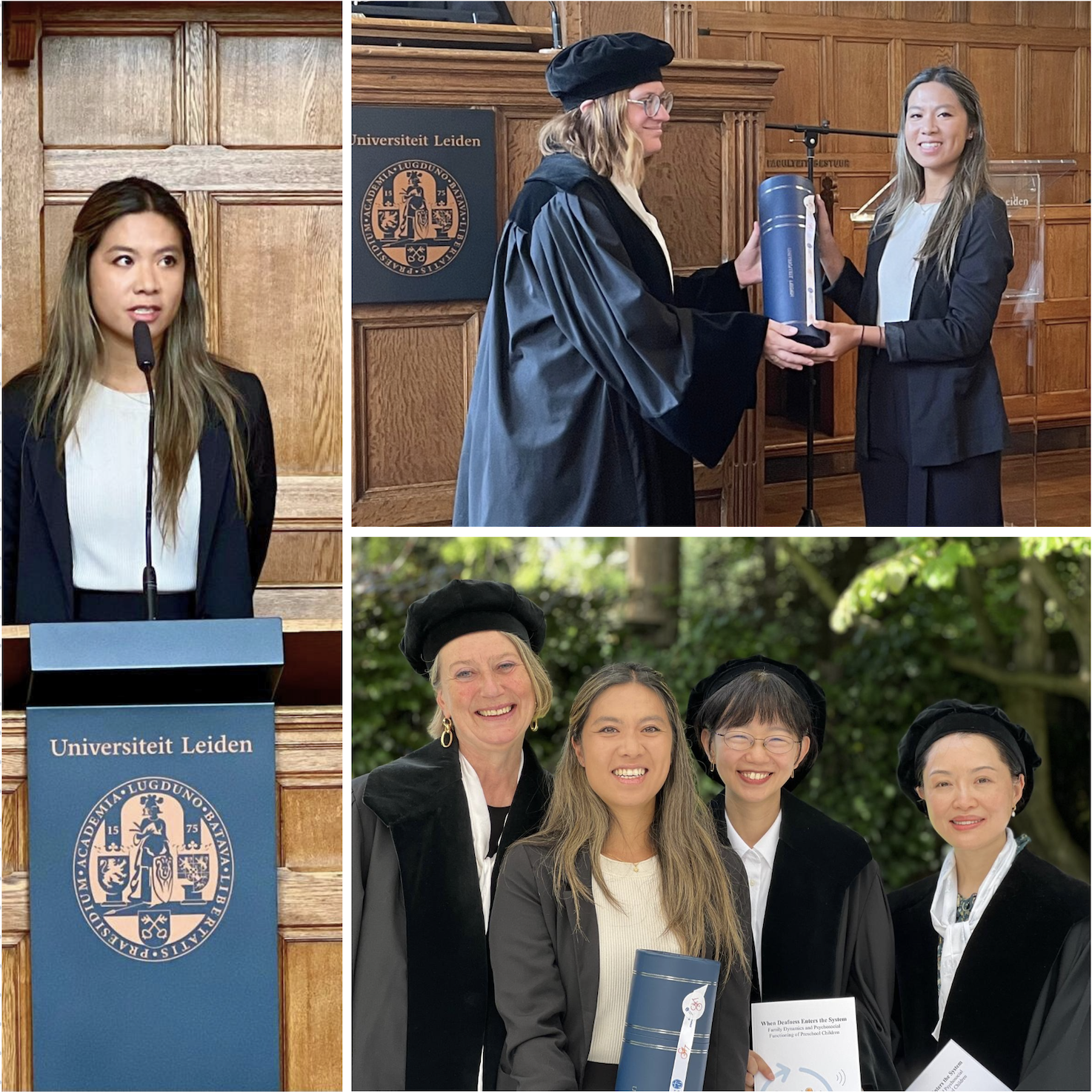

Self-Identity and Autism Stigmatization in China: New Collaborations
Conversations about Autism can focus on how external, allistic perspectives and non-inclusive environments create barriers for Autistic people to feel welcome and fully participate in daily life. A child might be excluded by peers due to misunderstood behavior, or struggle in spaces that are overwhelming or inaccessible. But the impact of these experiences can go far beyond the moment. Self-identity can be shaped by how others speak about you and react to you: their assumptions, judgments, and expectations. As global views on Autism gradually shift from a medicalized model toward a social model of neurodiversity, it's important to deepen our understanding of how stigma and societal narratives influence Autistic youth’s self-identity and mental health.
As part of her PhD project, Kexin has been investigating this topic in collaboration with Dr. Wangqian Fu at Beijing Normal University (Faculty of Special Education), focusing on young, Autistic people’s mainstream high school experiences, self-identity and Autism stigmatization in the Chinese context. If you’re curious about her findings so far, check out the poster she presented on September 13th at the Autism European Congress 2025 in Dublin.
Further adding to the project, Jiayin conducted interviews with a focus on young Chinese, Autistic people’s experiences with, and perceptions towards friendship. Then this summer, Kexin visited Dr. Fu in person to discuss further possibilities for collaboration, such as developing and validating questionnaires in Chinese.
Stay tuned for more exciting developments in our lab. In the meantime, you can find out more about our research on Autism in general, social connectedness and Autism, or Autism friendly playgrounds.

